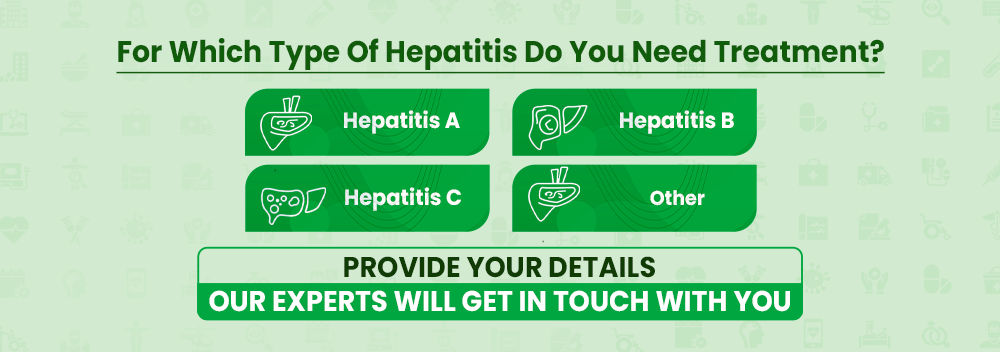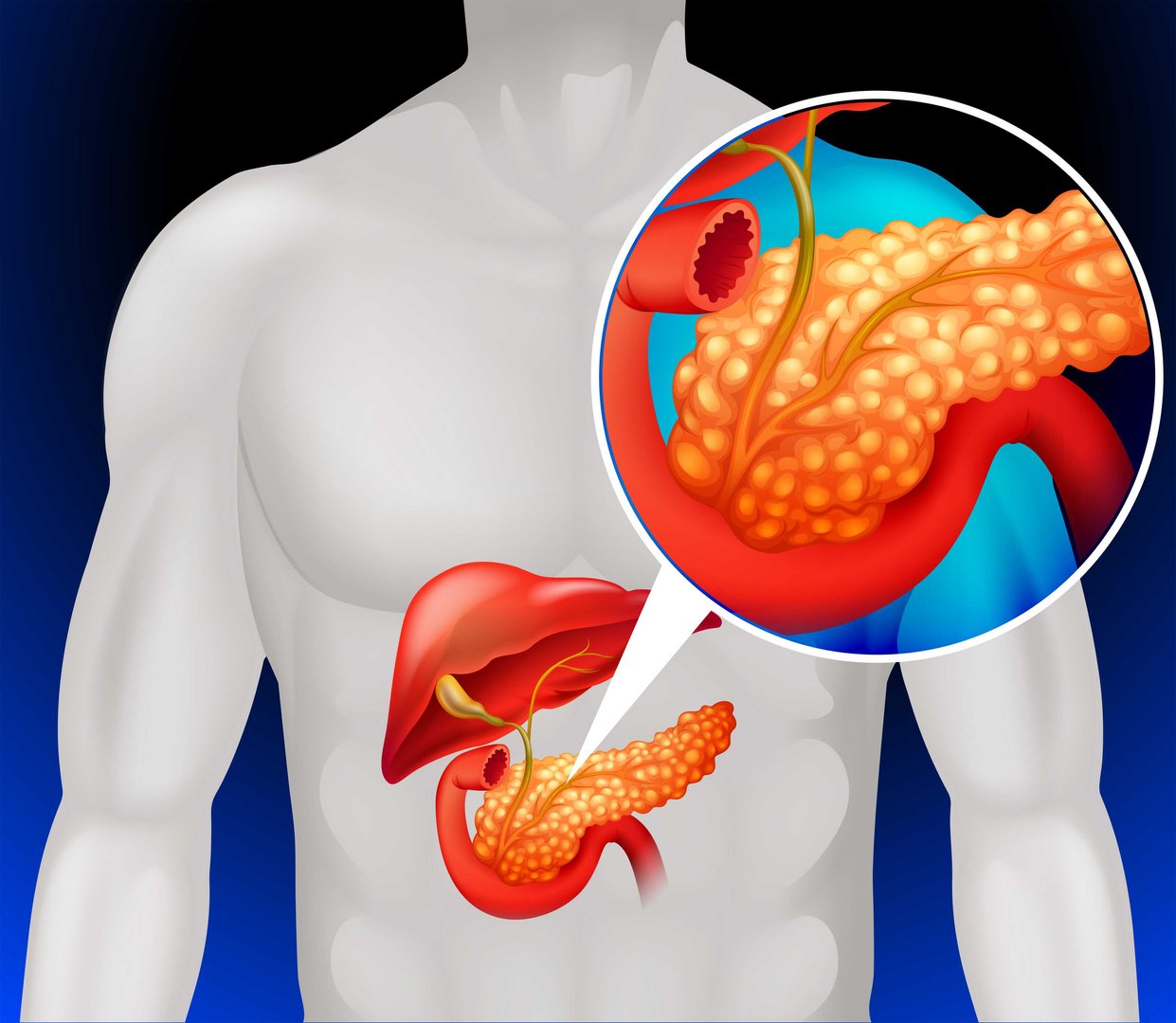Introduction
Cancer of the pancreas has been termed one of the most vicious and lethal cancers, and tragically, that is no overstatement. While in other types of cancer, there is an improvement in survival rates due to more screening or improved cancer treatment, the survival rate for cancer of the pancreas is resolutely low. This cancer develops insidiously; therefore, the "silent killer" moniker is appropriate, since pancreatic cancer symptoms don't typically occur until the cancer is already well established. By the time the patient eventually develops abdominal pain, jaundice, or unexplained weight loss, the tumor can already be advanced or even in metastatic cancer. That renders the prognosis for pancreatic cancer fairly dire relative to the vast majority of other cancers. Traditional treatments such as chemotherapy, radiation therapy, and surgery are rarely sufficient since pancreatic adenocarcinoma is inherently resistant to traditional cancer treatment.
This is why doctors and scientists are searching for alternative methods, and one of the most promising areas of cancer research today is stem cell therapy. Stem cell biology has been advancing well in the last decade, both for regenerative medicine and targeting cancer cells. Researchers are looking into whether stem cell therapy, sometimes coupled with T cell therapy or even CAR T cell therapy, may be optimal for pancreatic cancer. Connect with the best medical professionals to learn in-depth about stem cells for pancreatic cancer. The real hope is to discover a method of increasing the survival rate of pancreatic cancer, providing patients with additional time, and perhaps even discovering a long-term cure for a cancer that has been so challenging to conquer using current means.
What Is Pancreatic Cancer?
We have to address what pancreatic cancer even is before we can really comprehend why stem cell therapy can be beneficial. Pancreatic cancer begins in the pancreas, an organ that assists with digestion and maintains blood sugar levels. The most prevalent type of pancreatic adenocarcinoma is cancer that arises in cells lining the ducts of the pancreas. This. This is what most. People mean when they say pancreatic malignancy. The pancreas is buried deep in the belly, so it's hard for physicians to pick up tumors early. This is one of the largest reasons why symptoms of pancreatic cancer are often found very late.
When the person gets pancreatic cancer, the symptoms of the cancer can be just ordinary digestive problems — bloating, loss of appetite, stomach pain, or tiredness. But once jaundice, weight loss, or severe belly pain set in, the cancer is most likely already widespread. Pancreatic adenocarcinoma is an aggressive cancer that may undergo a process known as epithelial-mesenchymal transition. This process enables cancer cells to escape, travel in the body, and form metastatic cancer. In most cases, by the time a majority of individuals are diagnosed with pancreatic cancer, the cancer is so advanced that surgery will no longer be possible. Due to this, pancreatic cancer prognosis is usually poor. While other types of cancer have a much higher survival rate due to being diagnosed early, the survival rate for pancreatic cancer is less than 10% after five years. That really shows just how desperate the situation is to find better means of treating pancreatic cancer, and why cancer research is exploring new avenues like stem cell therapy.

Limitations of Current Treatment
Pancreatic cancer treatment these days relies almost exclusively on surgery, chemotherapy, and radiation. But here's the catch: very few patients are surgical candidates. Surgery can only be an option if and when the cancer is localized and has not invaded surrounding blood vessels or organs. And because pancreatic cancer symptoms are so late in the process, most patients are already outside the window of opportunity for surgery. For those who do end up undergoing surgery, there remains an extremely high chance that the cancer cells will return.
Chemotherapy, as a sanctioned treatment for cancer, is not highly effective against pancreatic adenocarcinoma because the cancer cells are resistant to most of the drugs physicians have available to them. Even if chemotherapy really does reduce the size of the tumor, it will usually only last for a few weeks before the cancer returns and is worse than before. Radiation therapy falls victim to the same issue — it can be used to manage symptoms of cancer, but not actually improve the general pancreatic cancer prognosis. The second issue is that chemotherapy and radiation also impact normal cells and damage them with unpleasant side effects such as nausea, hair loss, and compromised immunity.
Pancreatic cancer is especially challenging due to the manner in which the cancerous cells are. These cells can evade treatment, evade the immune system by disguising themselves, and grow rapidly. The process of epithelial-mesenchymal transition makes them more difficult to identify, as they can migrate into other organs. That is why metastatic cancer is so prevalent with pancreatic adenocarcinoma. Under these restraints, specialists concur that we require more specific and new drugs. That is where stem cell therapy, T cell therapy, and CAR T cell therapy are in the pipeline as potential game changers.
What Is Stem Cell Therapy?
Stem cell therapy is a type of medical treatment that takes advantage of unique cells referred to as stem cells, which can transform into a variety of other types of body cells. In the field of regenerative medicine, stem cells are used to repair or replace damaged tissues. But, in the field of cancer research, scientists are trying to use stem cell therapy more precisely, against cancer cells. If you are considering stem cells as a viable treatment option, book an online doctor consultation on our platform in minutes.
There are several mechanisms this can go. Some researchers are using hematopoietic stem cells, from bone marrow, to reconstitute the immune system and the blood after intense chemotherapy. Others are using mesenchymal stem cells, which have a natural tendency to migrate to inflamed areas and tumors. This makes them quite good delivery vehicles for cancer drugs. There are also methods of genetically modifying stem cells so that they will target and destroy pancreatic adenocarcinoma cells without destroying normal tissue.
Stem cell therapy can be used in combination with other cancer therapies. Stem cell therapy can, for instance, be used in combination with T cell therapy or CAR T cell therapy. T cell therapy enhances the patient's own immune system against cancer, whereas CAR T cell therapy reeducates the T cells to kill cancer cells specifically. Integrating these immune therapies with stem cell research offers tremendous potential for even improved pancreatic cancer therapy in the future. The overall aim is to enhance pancreatic cancer prognosis, enhance the rate of pancreatic cancer survival, and achieve longer-term answers to this malignant disease.

How Stem Cells Can Help Pancreatic Cancer
Stem cell therapy holds the potential to assist in various mechanisms for the treatment of pancreatic cancer. Among the most promising concepts is the targeting of mesenchymal stem cells to direct medication to pancreatic adenocarcinoma cells. Since these stem cells travel towards tumors on their own, they can be carried with anti-cancer drugs against cancer cells without harming normal tissue. This will minimize the side effects of chemotherapy while maximizing its effectiveness.
Yet another advantage of stem cell research is organoid use. Organoids are small, three-dimensional cultures of pancreatic tissue derived from stem cells. Organoids enable scientists to investigate pancreatic malignancy in the laboratory and screen drugs more effectively. By observing how organoids react to medication, scientists can gain a clearer insight into the causes of pancreatic cancer, the involvement of epithelial-mesenchymal transition, and metastatic cancer. In other instances, organoids are grown from the patient's own cells, so doctors may test hundreds of drugs against the organoids before choosing the best cancer therapy for the patient. It could also significantly enhance pancreatic cancer prognosis.
Stem cells are also being studied in conjunction with immune-based therapies. For instance, scientists are questioning whether it is possible to utilize stem cell therapy combined with CAR T cell therapy to fight adenocarcinoma cancer more forcefully. Pancreatic cancer being drug-resistant, applying the therapies in combination might be the answer to doubling pancreatic cancer survival. The efficiency of the treatment can increase significantly if treated by the best stem cell doctors in India.
Advantages Of Stem Cell Therapy
The internet benefits of stem cell therapy for pancreatic cancer are substantial. One of the most apparent advantages is targeted therapy. In contrast to chemotherapy, which kills healthy and diseased cells alike, stem cells can target pancreatic adenocarcinoma cells specifically. This translates into fewer side effects and improved quality of life for cancer patients.
Another advantage is that stem cell therapy can accompany personalized medicine. Rather than prescribing the same medicines to everyone, physicians can employ stem cell-derived organoids to find out the most appropriate medicine for each person. Not only does this enhance pancreatic cancer prognosis, but it also offers an opportunity for the patient to receive a benefit from taking medications that otherwise wouldn't be prescribed to them. Stem cell treatment can also serve as a method to prevent drug resistance. Pancreatic cancer is known to become resistant to chemotherapy, but stem cells can be made to target cancer cells differently. When combined with T cell therapy or CAR T cell therapy, this could lead to a more effective attack on cancer cells.
The greatest benefit, naturally, would be a better rate of survival for pancreatic cancer. Even a small boost to survival rates would be a giant leap, considering how poor the prognosis is for this cancer. Stem cell therapy, with ongoing cancer research, would finally be able to give hope to patients and their families who have pancreatic malignancy.
Risks & Challenges
Although stem cell therapy has immense promise, it is fraught with challenges and risks. Safety is also one of them. Stem cells multiply to form numerous types of cells, which can lead to unwanted tissue growth or even tumor formation. Scientists must ensure that stem cells selectively target cancer cells without harming the healthy pancreatic components.
There are issues with the immune system as well. Although mesenchymal stem cells are less prone to being rejected, the body can still respond in a bad way to stem cell therapy. When stem cell therapy is accompanied by T cell therapy or CAR T cell therapy, it becomes even more complex because the immune system overcompensates and can lead to harmful side effects.
Another significant challenge is regulation and ethics. It is morally doubtful to require embryonic stem cells for experimentation. Clinical trials also require time and an abundance of money. Despite the promising results from animal studies and lab tests, stem cell therapy for pancreatic adenocarcinoma remains an unconventional cancer treatment. Unless further clinical trials can demonstrate its efficacy, pancreatic cancer prognosis won't change very much.

Future Possibilities
The future of stem cell therapy for pancreatic cancer looks hopeful. Researchers are looking into ways in which they can combine stem cell therapy with immunotherapy, chemotherapy, and radiation to develop multi-modal treatments. For instance, combining stem cell therapy with CAR T cell treatment would offer even greater safety against pancreatic malignancy by targeting cancer cells from multiple axes.
Another thrilling prospect is patient-derived organoids. Think of physicians being able to culture a small model of a patient's cancer in the lab, screen tens of medications on it, and then select the most effective for actual treatment. This would render pancreatic cancer therapy much more personalized and efficient, with improved prognosis and survival rate.
Stem cell therapy would also make it possible for researchers to learn more about the causes of pancreatic cancer. By examining organoids and stem cell models, they can observe how the cancer cells go through epithelial-mesenchymal transition and why metastatic cancer is so quick to spread. That information could assist them in creating new drugs and new ways of treating cancer. Although there are many that have yet to be overcome, the future of cancer research in this area is extremely promising.
Summary
Pancreatic cancer continues to remain one of the most challenging types of cancer to treat, with poor results and a low rate of pancreatic cancer survival. Pancreatic cancer symptoms are delayed, and it is almost impossible to detect in its early stages. Present available treatments for pancreatic cancer, such as surgery, chemotherapy, and radiation, have substantial limitations, particularly against pancreatic adenocarcinoma. Due to this aspect, cancer research is shifting towards upcoming, new therapies such as stem cell therapy, T cell therapy, and CAR T cell treatment.
Stem cell therapy can potentially treat cancer cells more specifically, diminish side effects, and even tailor treatment with organoid technology. Stem cell therapy may also assist researchers in determining pancreatic cancer causes, such as epithelial-mesenchymal transition, and the reasons behind metastatic cancer being aggressive. The complications and risks are there, but stem cell therapy can be life-altering. The future may mean several strategies that enhance the prognosis for pancreatic cancer and provide patients with more hope.
Stem cell research is no silver bullet, but it is perhaps the most potent weapon we have at our disposal today for the fight against pancreatic cancer. The more we research, the more clinical trials we have underway, and the more technological leaps we take, there may at last be a day when stem cell therapy is a routine course of treatment for pancreatic cancer, prolonging patients' survival times and opening their futures.






